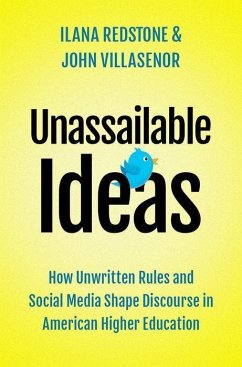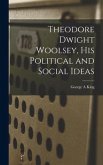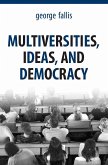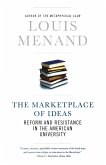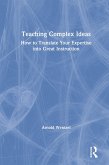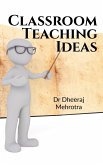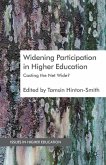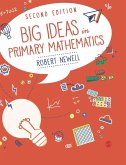Colleges and universities are a tremendously important part of American society. As providers of education, innovation, and knowledge creation, they play a foundational role in the broader American cultural and economic environment. In large part due to the ascendant role of social media, that free inquiry on American campuses is being hampered by a climate that severely constrains teaching, research, and overall discourse. In Unassailable Ideas, Ilana Redstone and John Villasenor examine the belief system that is dominant on American campuses, its uncompromising enforcement through social media, and the consequences for American higher education. They also provide a detailed set of recommendations to improve the climate for open inquiry both on campus and beyond.
Hinweis: Dieser Artikel kann nur an eine deutsche Lieferadresse ausgeliefert werden.
Hinweis: Dieser Artikel kann nur an eine deutsche Lieferadresse ausgeliefert werden.

